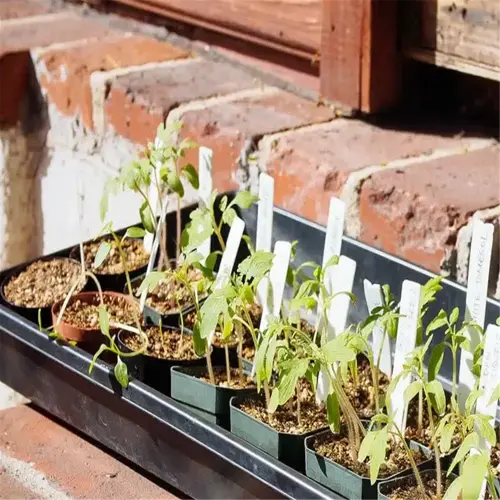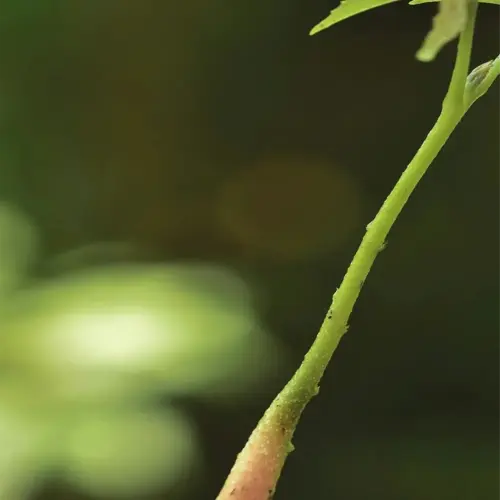Can I grow herbs indoors year-round?

Written by
Michael Sullivan
Reviewed by
Prof. Samuel Fitzgerald, Ph.D.Cultivating herbs indoors allows you to have fresh flavors always at your disposal, even if you are limited in space. Try simple herbs like basil or mint, as these delicious herbs are well-suited to pots and will forgive any beginner mistakes. Consider growing your herbs on a sunny window sill or using LED grow lights if you do not have the option of a garden.
Light Requirements
- Mediterranean herbs need 6+ hours of direct sunlight daily
- Low-light herbs like parsley thrive with 4 hours of indirect light
- Use full-spectrum LEDs if natural light is limited
Watering Strategies
- Let soil dry 1-2 inches deep for rosemary and thyme
- Keep mint consistently moist but not waterlogged
- Bottom-watering reduces fungus gnat risks
Herbs like thyme and oregano can survive the winter months indoors by adjusting their care according to the seasons. If the sunlight is limited, the most important care change is to reduce watering to 50% of the normal amount during low sun months. I was able to revive my leggy sage plants when I moved them to a location with grow lights and I had new growth in under two weeks! Consistency of care is more important than perfection!
Prevention
- Isolate new plants for 2 weeks to prevent infestations
- Use yellow sticky traps to monitor flying pests
- Avoid overwatering to deter soil gnats
Treatment
- Spray aphids with 1 tsp neem oil per quart of water
- Dust cinnamon on soil surfaces to kill fungus gnat larvae
- Wipe mealybugs with 70% isopropyl alcohol
Selecting your herbs correctly is important. For instance, parsley and basil have similar watering and sun needs but keep mint in its container because it can get aggressive. My lemon balm started in a pot with cilantro last year, now it has its own and I use dividers to keep them separate. I always companion plant marigolds with any of my herbs to help deter spider mites organically.
To promote the growth of herbs, you should prune the herbs every week. To prune basil, simply pinch off the top leaves just above one of the leaf nodes. I found that after I pruned the thyme plant regularly, it grew to three times the size. When pruning, use a clean pair of scissors; you don't want to spread diseases, such as powdery mildew, from plant to plant.
Begin with a small garden, and expand as you feel comfortable. One pot of chives teaches us the essentials of watering. Once you are comfortable with that, add a pot of rosemary. Fresh herbs can elevate your culinary skills, and now your windowsill is a secret weapon for the chefs in your house. With patience, anyone can successfully grow herbs indoors, even those who are not green-thumb gardeners.
Read the full article: Growing Herbs Indoors: The Ultimate Beginner's Guide

